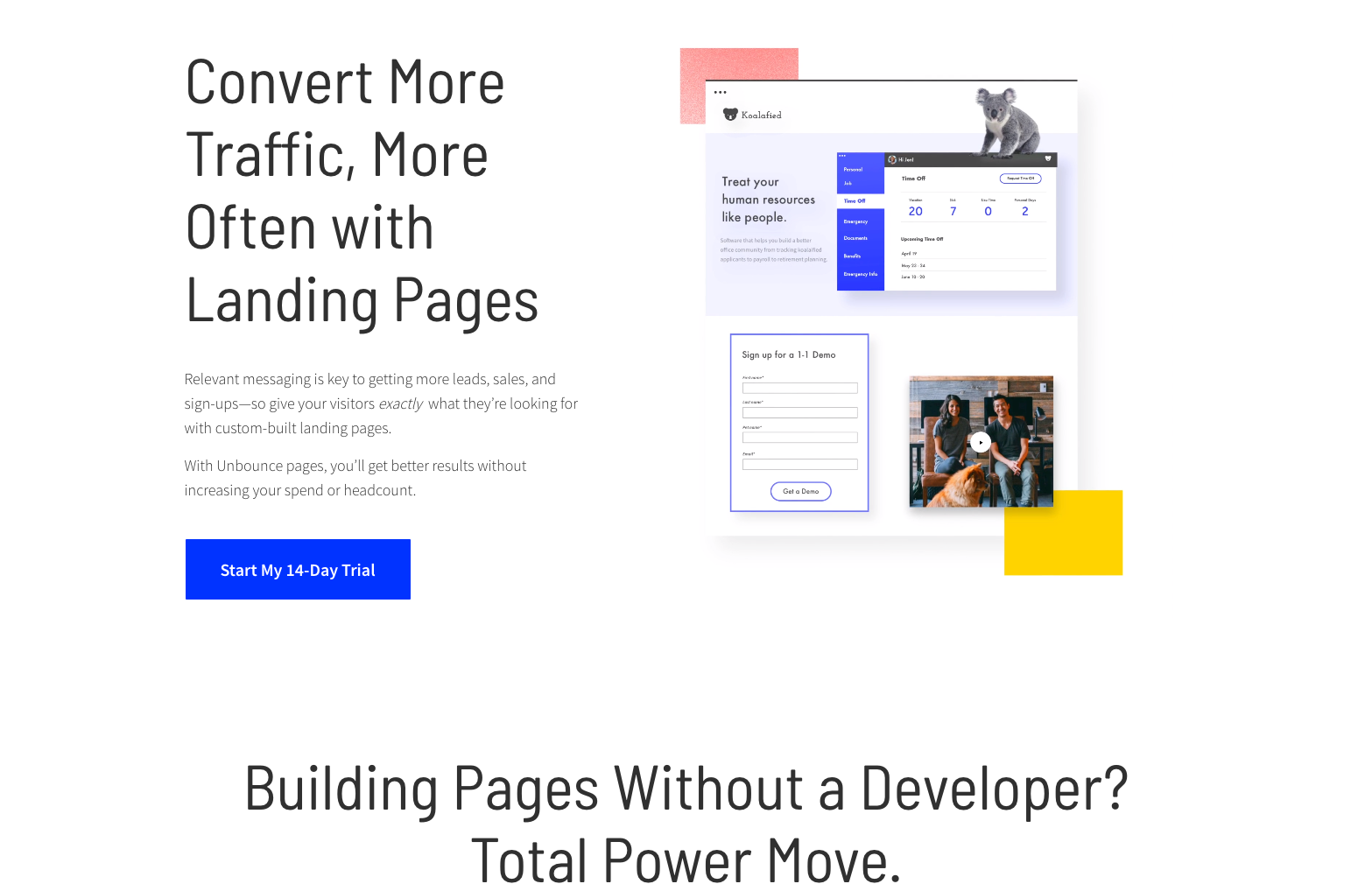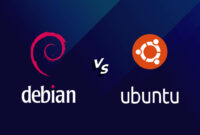It’s often said you only get one chance to make a first impression, and that’s especially true in competitive fields like web hosting. Attracting potential customers to your website is already a challenge. Once they arrive, you have just a few seconds to capture their attention before they return to social media, emails, or search results.
This is where landing pages excel. A well-crafted landing page can significantly impact your reseller hosting business’s profitability. A great one converts interested visitors into paying customers, while a mediocre one wastes the marketing budget you used to attract them.
In this article, we’ll explore the key features of high-performing reseller landing pages and offer advice on how to build pages that drive conversions.
What Is a Landing Page?
A landing page is a specific web page on your site, focused on a single marketing campaign with a clear objective. It’s different from your homepage or a standard product page. In the reseller hosting context, the main goal is usually to encourage visitors to sign up for a hosting account.
You might think this sounds like a typical product page. After all, product pages showcase your hosting services to entice sign-ups. However, product pages tend to be generic, while landing pages are highly specific, goal-oriented, and tailored to a particular audience. We’ll elaborate on these differences in the following section.
The ideal customer journey starts when someone clicks on an ad, social media post, or search engine result. They then “land” on a page built with one single purpose: to move them towards the next step, whether it’s purchasing a product, providing contact information, or something else.

This goal is typically represented by a prominent call to action (CTA) on the page. In the example above, showing the WP Toolkit landing page, the CTA is the orange button labeled “Get Deluxe Today.” When a visitor responds positively to the CTA, they are said to have converted. A landing page is optimized for conversion, with every element designed to increase the likelihood of visitors taking action.
What Makes an Effective Landing Page?
Effective landing pages share three key characteristics: They are carefully tailored to the interests of a target audience, they emphasize the benefits a product offers to customers, and they are continually optimized to improve conversion rates.
Let’s explore each of these characteristics in more detail.
Targets a Specific Audience
Successful marketing campaigns segment a business’s market based on various criteria. As a reseller host, you can segment your market based on how customers use your hosting: WordPress blogs, business websites, photography portfolios, etc. Each segment has its own needs and interests, and each responds differently to marketing messages in advertising and content.
The same applies to landing pages. The wording and images that appeal to a photographer will differ from those that attract a small business owner seeking to host an eCommerce store.
This is a key difference between landing pages and standard product pages. Product pages present your product in a general way, whereas an effective landing page is laser-focused and promoted to a specific group of people.
For example, you might run Facebook ads targeted at photographers, with links to a landing page that highlights why your hosting services are ideal for showcasing photography portfolios.
Focused on Benefits
Why should a potential customer choose your hosting platform over a competitor’s? While server specifications may appeal to technical customers, most people are more easily convinced by benefits. A 1 Gbps network connection with redundant bandwidth providers is a feature. But ultra-reliable hosting that provides a fast, low-latency shopping experience is a benefit for an eCommerce retailer.
Optimized Over Time
The first version of a landing page is rarely the best. The most successful landing pages are the result of continuous testing and improvement. You make a change, test it with real traffic to see if conversions increase, and if they do, the new version replaces the old.
Split-testing, also known as A/B testing and multi-variate testing, allows you to improve your landing page’s conversion rates over time. Numerous services are available to help you test and optimize your landing pages, including Google Optimize, Optimizely, and Unbounce (the source of the following landing page example).

The Anatomy of a Reseller Landing Page
We’ve explored the theory behind effective landing pages, so let’s now focus on practical elements. Here are six essential on-page components of a high-converting landing page:
- Simplified design — Landing pages are part of your website, but they don’t need all its features and design elements. They should be simple and streamlined, with all graphic and text elements supporting the conversion goal. Some landing page designers even remove site navigation and other menus to minimize distractions that might pull visitors away from the page’s focused message.
- Hero image, main headline, and supporting copy — Looking at the previous image, you’ll see a large headline, an attention-grabbing hero image, and audience-specific copy that concisely explains the service’s benefits. These elements, which are the first things visitors see, work together to reinforce a clear and straightforward message.
- Call to action — The call to action is the primary focus of the page. The wording should be brief, direct, and re-emphasize the main benefit, whether it’s a free trial, valuable information, or a premium web hosting experience. Color and contrast can further help the CTA stand out.
- Simple pricing information — Hosting clients want to know how much they’re paying and what they’re getting in return. While some industries can be vague about pricing, the hosting industry is highly competitive, and transparency is crucial. Include a clear price matrix that emphasizes the best-value plans for the target audience of the landing page.
- Subheadings with supporting copy — A basic landing page might only have the elements we’ve already discussed, but it’s often a good idea to go further with short subheadings and concise copy that highlight additional benefits of choosing your web hosting service: great customer support, an intuitive cPanel interface, managed services, and so on.
- Evidence — Customers expect you to claim your hosting services are superior to your competitors’. While this may be true, everyone else says the same thing, so you need to provide convincing evidence. This could take the form of social proof through testimonials and reviews, external validation like certifications and awards, or links to resources such as blog articles and white papers that demonstrate your expertise.
Landing pages that incorporate these discussed elements and components are more likely to be effective than a simple product page. This is why major brands use a similar formula. However, don’t be afraid to add your own personal touch, particularly in terms of design, imagery, and copy. Using your brand and marketing creatives ingeniously will help your web hosting business stand out and make a strong impression.
As always, please share your feedback and comments. We’re here to assist you in the best ways possible. You can find us on Discord, the cPanel forums, and Reddit. Make sure to also follow us on Facebook, Instagram, and Twitter.


